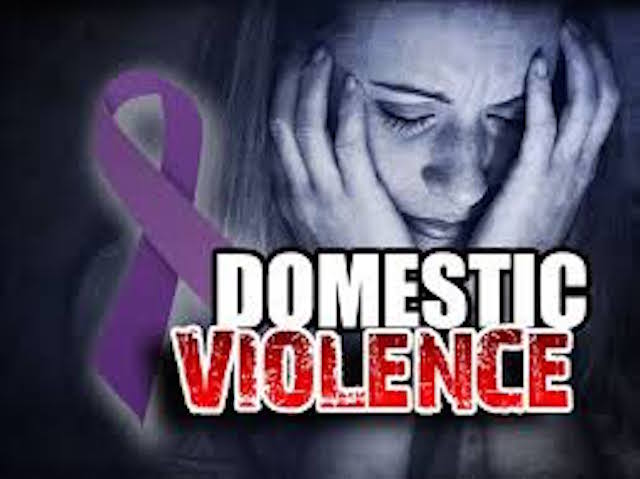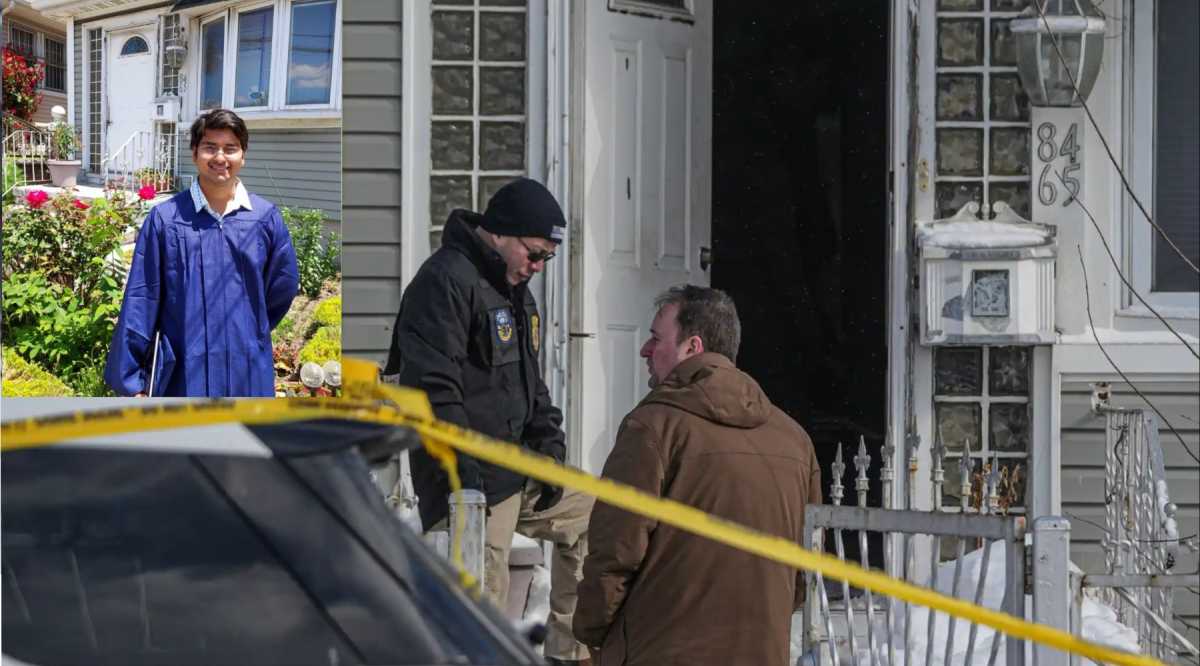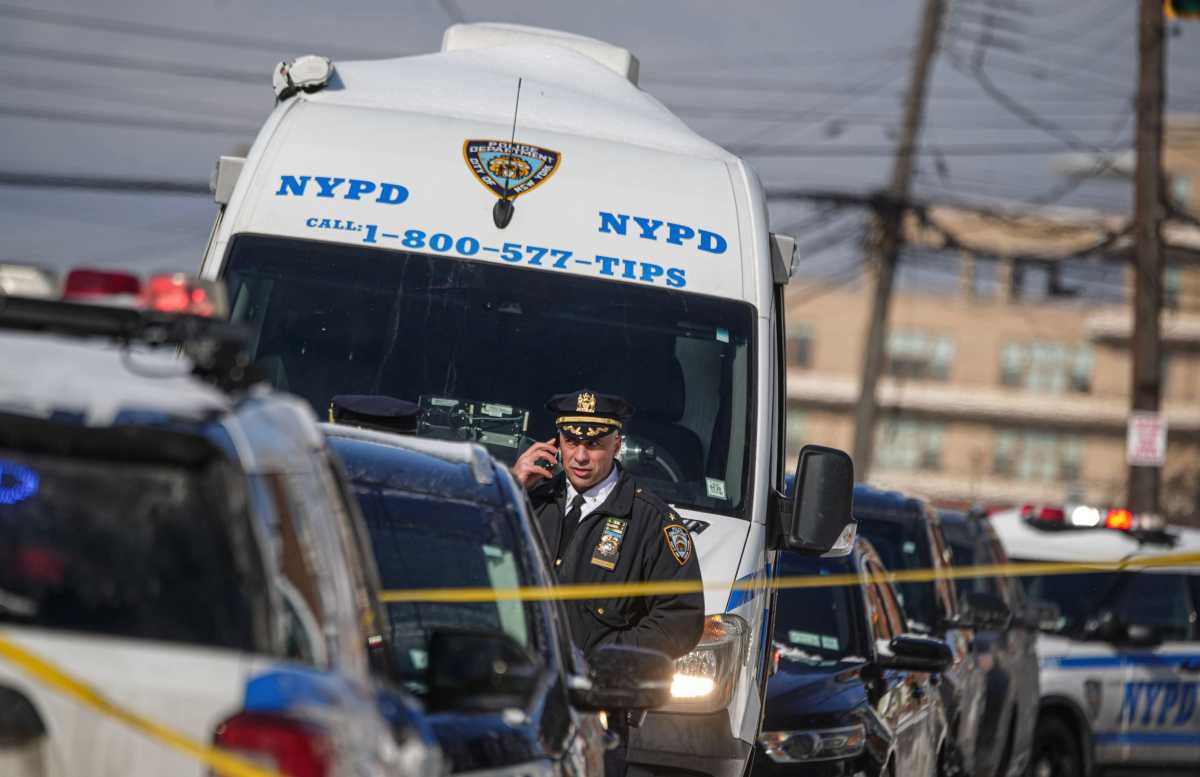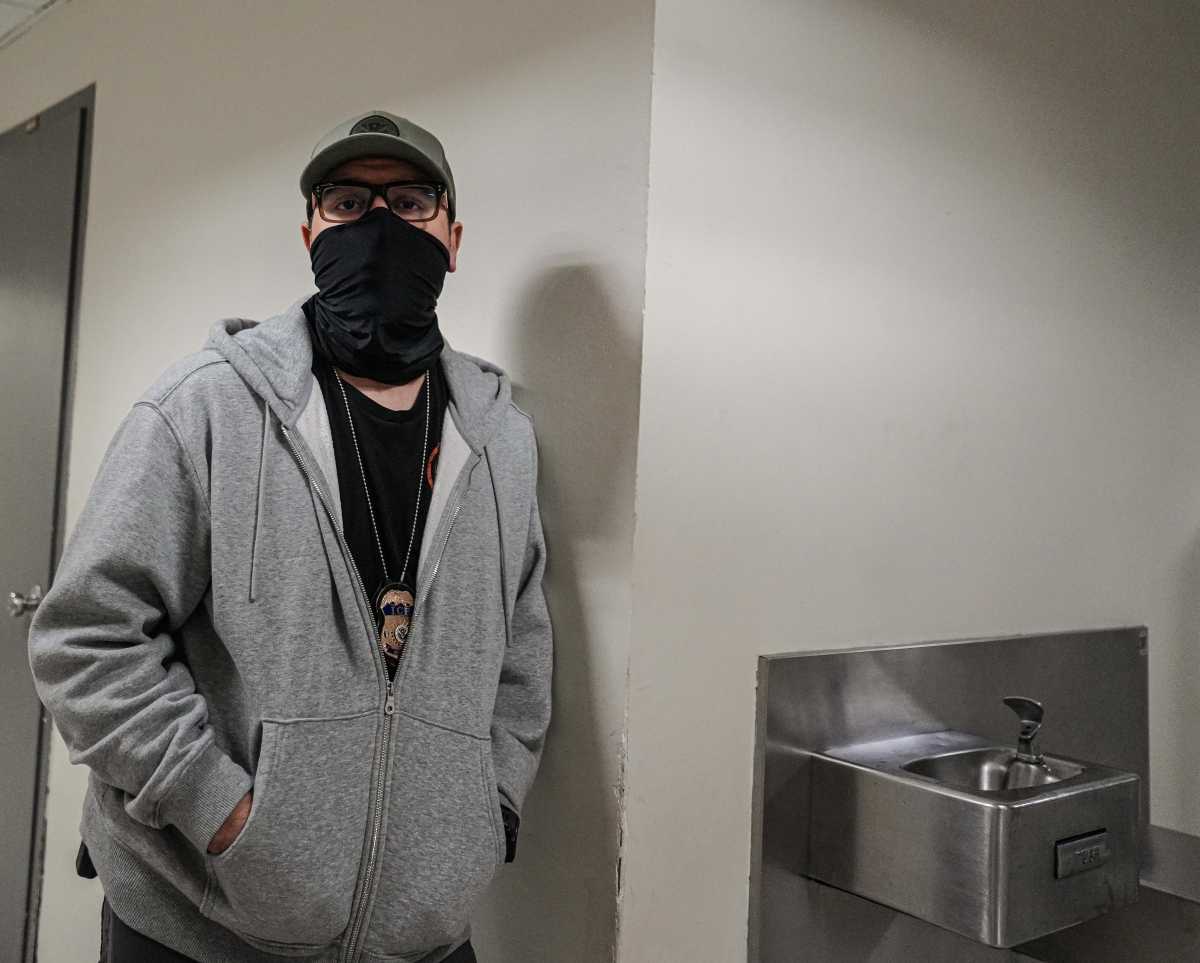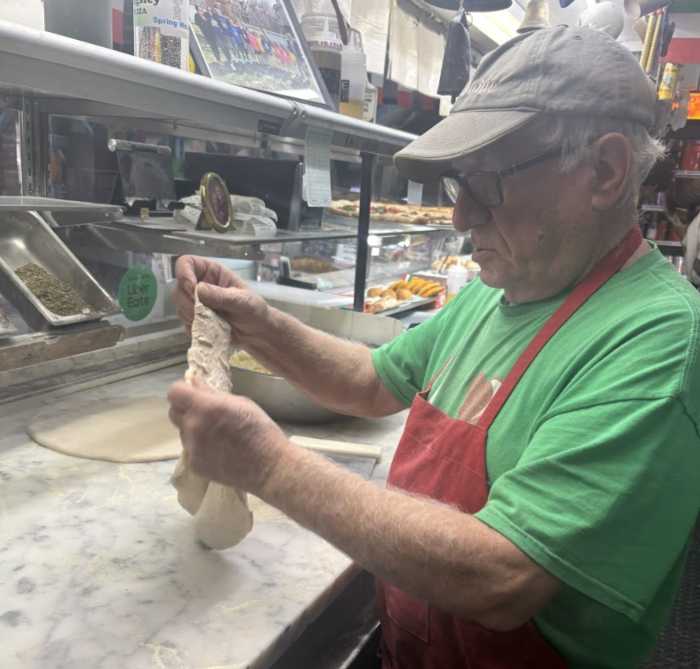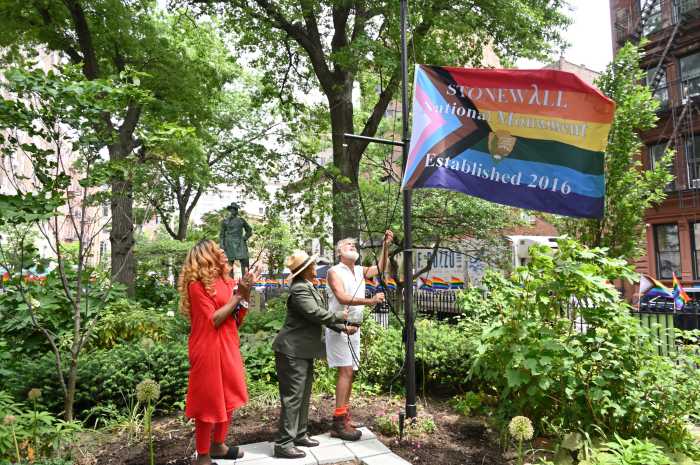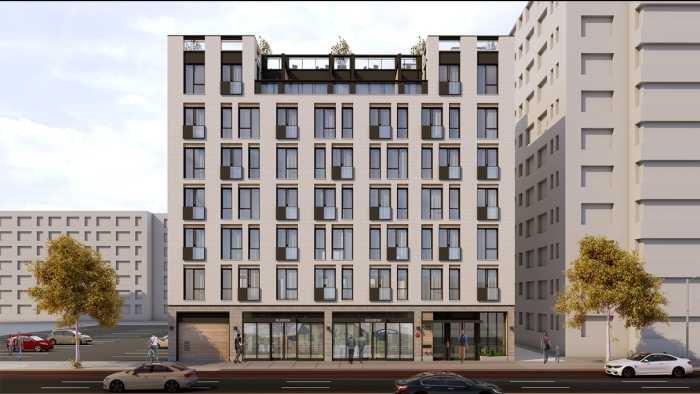Mayor Bill de Blasio, alongside the Human Resources Administration Commissioner Steve Banks, announced that New York City will be expanding its shelters for domestic violence. A total of 700 transitional shelter units and emergency beds will be added. Although 736 units have been added between 2002 and 2010, none have been added since 2010.
Currently, 8,800 individuals are served at domestic violence shelters annually. After this announcement, a total of 13,300 children and adults will be served, a 50 percent increase over the current number. The expansion includes 400 new units of Tier II transitional family shelter. The capacity will be tripled to 643 units. A total of 300 new emergency shelter beds will be provided for survivors of domestic violence, including single pregnant women and women with young children.

“It is our responsibility to ensure that victims of domestic violence have the resources and support they need,” said de Blasio. “With this significant expansion – the largest increase in recent history – we’ll be able to provide both the space and specialized services to help survivors of domestic violence rebuild their lives.”
New York City Comptroller Scott Stringer approved the Human Resources Association using an emergency procurement for six months of services. It comes at a cost of $14,770,000, but allows the agency to quickly open more shelters. These emergency contracts will eventually be replaced by long-term contracts.
“In all our programs at HRA, we are seeking to end a one-size-fits-all approach with programs designed to more effectively help our clients improve their lives. For domestic violence survivors, that means more specialized shelters that provide them with the services that will help them safely return to the community and independence as soon as possible,” said Steven Banks.
The HRA domestic violence shelter system currently has 45 confidential facilities throughout New York City. The facilities have a total capacity of 2,228 emergency beds and 243 transitional shelters units. In city shelters, survivors receive support services, such as counseling, housing assistance, guidance in applying for public assistance, and access to job placement programs.

“I applaud the de Blasio administration, Commissioner Banks, and the Human Resources Administration on this historic expansion of shelter housing for survivors of domestic violence. This represents well over a 60 percent increase over the current bed capacity for domestic violence survivors and is the latest example of real action by the City to help those most in need,” said Northern Brooklyn City Council Member Steve Levin, the Chair of the Committee on General Welfare.
“The most dangerous time for a domestic violence victim is when she decides to leave. In fact, it is estimated that up to 75 percent of domestic violence related homicides occur upon separation. Sanctuary for Families manages 200 shelter beds throughout New York City and we see, first-hand, how powerful supportive shelter is in helping victims turn their lives around. Shelter provides the time and space to heal. The crucial services provided give families the life skills and support they need to remain stable – and thrive – once they re-enter the community. We applaud the de Blasio administration and Commissioner Banks for this life-saving investment in increasing the number of domestic violence shelter beds throughout the city,” said Judy Kluger, Executive Director of Sanctuary for Families.


